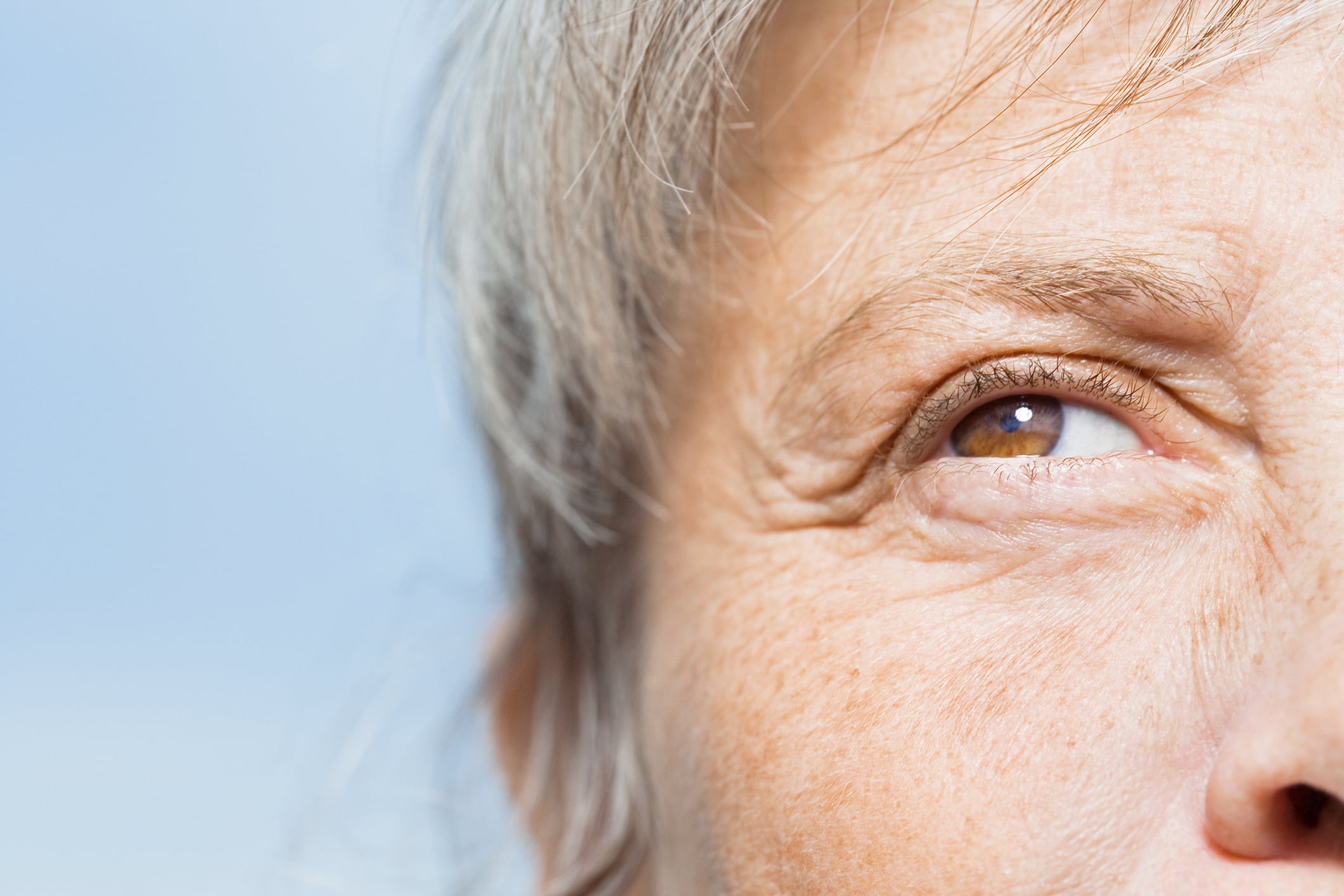Probiotics reportedly interfere with skin aging and the development of atopic dermatitis, allergic rhinitis, and wound healing in rodents and humans. Although the details of the mechanism by which oral probiotics improve skin condition are unclear, some researchers have proposed that it may involve the restoration of the pH value of the skin to its normal range and the inhibition of protease activity in aged skin possibly by inhibiting inflammatory activities.
Studies have shown that S. thermophilus produces various types of extracellular polysaccharides (responsible for the skin's natural ability to hydrate and retain water), and treatment with S. thermophilus was able to induce an increasing ceramide level (waxy lipid molecules which lock moisture into the skin) in healthy subjects and atopic dermatitis patients, and could produce hyaluronic acid (HA, a key molecule in skin aging).
In the current study, researchers from Taiwan aimed to explore whether S. thermophilus improved skin aging using the probiotic TCI633 (5 × 108 live Streptococcus thermophiles; 400 mg per capsule) isolated from breast milk.
The study
The team recruited thirty subjects and randomly assigned them to the intervention or placebo group. Participants were told to take two tablets a day for eight weeks.
The fasting blood of each participant was collected at weeks 0 and 8. The levels of the serum biochemical parameters including Hyaluronic acid (HA), Superoxide Dismutase (SOD), and catalase were monitored. Other parameters in serum, including the levels of cholesterol, triglyceride, serum glutamate oxaloacetate transaminase (SGOT), serum glutamic pyruvic transaminase (SGPT), blood urine nitrogen (BUN), uric acid, and creatinine were monitored.
The team also analysed the participants change in measurement of skin collagen content, moisture, brightness, elasticity, crow's feet depth, skin texture, wrinkles, pores, and spots.
DNA damage was caused by treatment with UVB and H2O2 to evaluate the DNA-protective ability of TCI633.
Results
The team found that TCI633 increased collagen proliferation in a dose-dependent manner. At concentrations of 500 and 1000 μg/ml, the collagen content in the medium was significantly increased to 121.8 and 138.5%, respectively, of that (100.0%) in an untreated control.
They also found that pre-treatment with TCI633 solutions (500 and 1000 μg/ml) reduced UVB and H2O2 -induced DNA damage, and 15.4 and 70.7% of the DNA, respectively, were of the S-form. They concluded that TCI633 confers significant DNA protection.
Treatment with TCI633 solutions (1000 μg/ml) was also shown to inhibit the hyaluronidase to 15.5%, of that in the untreated control.
Eight weeks of TCI633 supplementation increased the mean blood HA level of subjects to 17% greater than the baseline value, and increased the mean levels of SOD and catalase activities (indicators of antioxidant capacity) by 3.1% and 135.2% than their baseline values.
The intervention also significantly increased mean levels of skin moisture, brightness, and elasticity by 12.8%, 3.4%, and 11.4%, respectively. Significant improvement in each skin parameter was observed at four weeks and continued until week eight. Although the placebo group also exhibited some improvement, TCI633 provided much greater improvement.
The mean levels of crow's feet depth of subjects in the TCI633 group at weeks 4 and 8 were 25.5% and 32.8% lower than the baseline level. The mean levels of skin texture, wrinkles, pores, and spots of subjects in the TCI633 group at the end of the study were 14.2%, 21.6%, 12%, and 4.6% lower, respectively, than the baseline values. TCI633 continuously improved these skin parameters from the beginning of the study.
The mean levels of skin collagen in subjects in the TC633 group at weeks 4 and 8 were 12.8% and 20.7% higher, respectively, than the baseline values, compared to 4.5% and 7.7% in the placebo group.
The report concludes: "In summary, the anti-skin age activity of S. thermophilus (TCI633) promotes skin cell proliferation, stimulation of collagen synthesis, protection of DNA against damage, and inhibition of hyaluronidase activities. This preliminary clinical study demonstrates the possibility of a HA-generated probiotic for improving skin.
"TCI633 enhanced the antioxidant capacity in humans, as indicated by the elevation of blood SOD and catalase activities of subjects, favoring the modulation of internal oxidative stress. Furthermore, TCI633 markedly improved skin under HA supplementation. Although the details of the improvement mechanism require further investigation, previously obtained scientific evidence supports the hypothesis. We believe that TCI633 can help to address the daily challenge of skincare while improving gut health."
Source: Journal of Cosmetic Dermatology
Liu. C., Tseng. Y-P., Chan. l.P., Liang. C. H.,
"The potential of Streptococcus thermophiles (TCI633) in the anti-aging"


